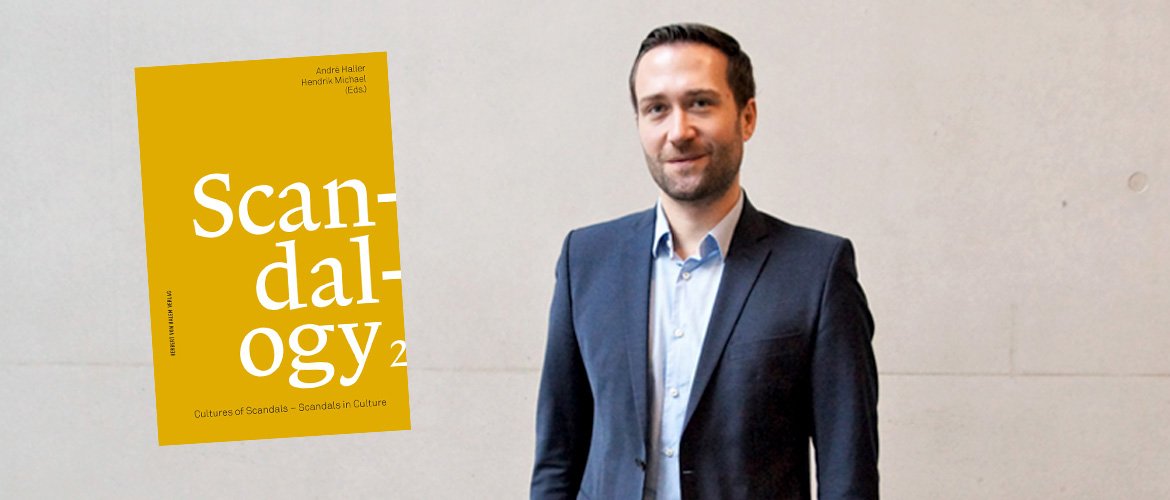
Scandalogy 2: On scandal cultures and their impact on crisis communication
Culture as a factor for scandalization
Web 2.0 has shown that technologies are subject to a long development process – the same is true for scandal culture. It has been demonstrated that scandals occur in every culture of the world and are omni-present throughout the history of humankind. The effect and perception of scandals differs according to cultural and media influence and varies depending on the national context. Therefore, the assessment of a legally or ethically improper incident is apparently in the eye of the beholder. The publication also deals with online scandalization forms and online reporting about scandals.
Current studies about scandal communication
The volume provides research results on the influence of communication and culture within scandalization processes. “How certain topics lead to scandalization and public outrage is an indicator of the specific scandal culture of a society,” said Dr. Haller in his second anthology. These current analyses and studies elucidate such phenomena and provide a good overview and points of reference for stakeholders from the communications and media sector and for researchers from various disciplines in regard to dealing with such incidents.
Valuable practical insights
The book elucidates that misconduct is perceived differently worldwide and made accessible to the public in different forms. However, not every scandal needs to become a major media story and trigger social outrage. For marketing and PR agents, it is therefore indispensable to detect and correctly interpret the cultural framework conditions in a crisis situation. The new anthology of international studies on the topic of scandals shows that the intercultural perspective is an essential factor in crisis communication.